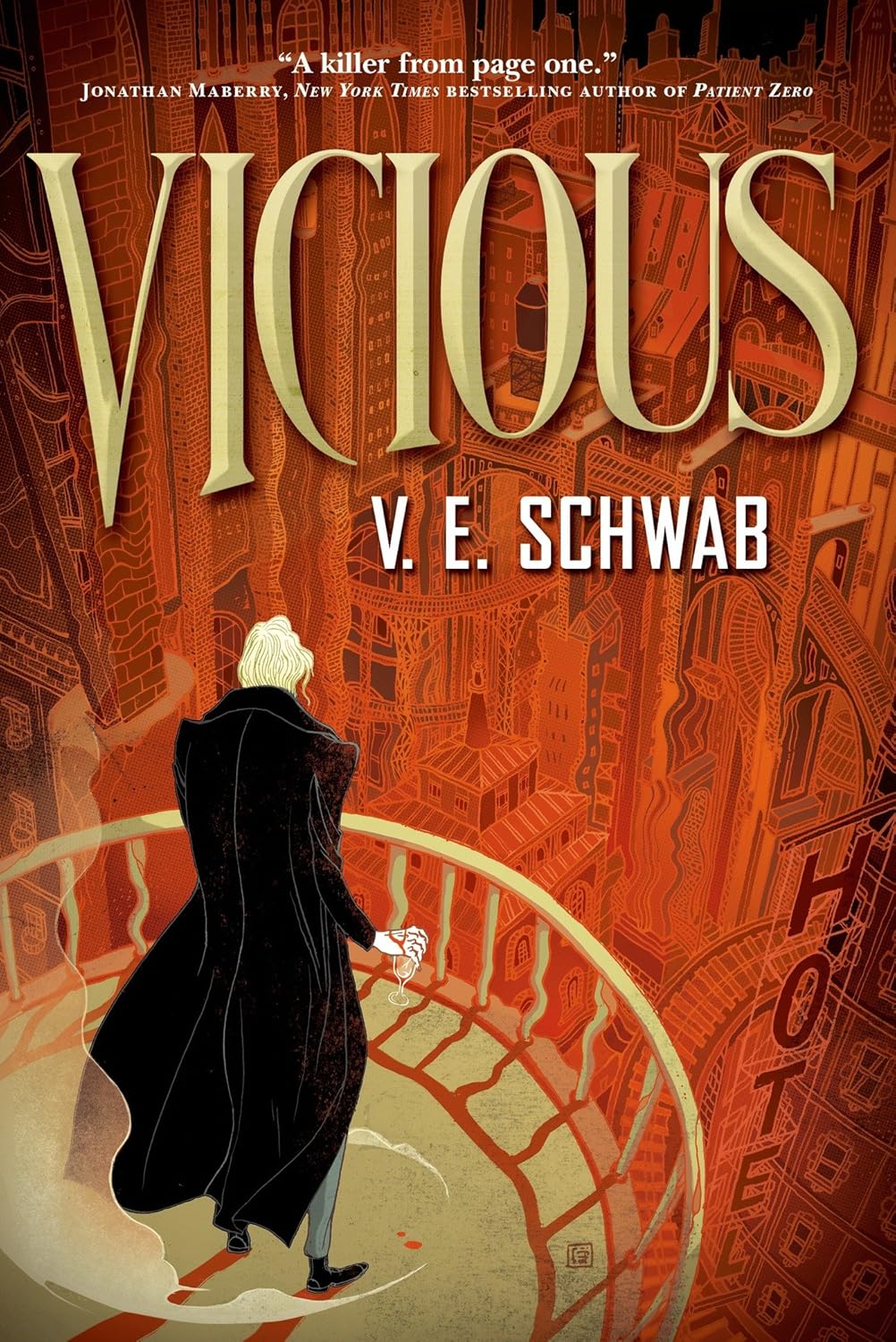 Actually, it started earlier than my 20s. Darth Vader was the best. Of course, the Alliance had to win, and I would have been pissed if they didn’t, but Darth Vader’s redemption arc was the most interesting thing to me about the original Star Wars trilogy. (And let’s not talk about the other movies. I like to pretend they don’t exist.)
Actually, it started earlier than my 20s. Darth Vader was the best. Of course, the Alliance had to win, and I would have been pissed if they didn’t, but Darth Vader’s redemption arc was the most interesting thing to me about the original Star Wars trilogy. (And let’s not talk about the other movies. I like to pretend they don’t exist.)
But I also thought the Empire had sharper uniforms, and much better ships, and the Imperial March is by far the cooler theme music.
I think when you’re a kid, or a young adult, and feeling fairly powerless, fictional villains can be very attractive. Villains don’t give a shit. Villains will use the force to choke you if you’re incompetent. Villains get the best outfits. Villains are pragmatic about getting what they want, and don’t care what other people think of their methods. Villains refer to themselves in the 3rd person. “Pain is a thing for lesser men. What is pain to Doom?”
Villains also have tragic back stories, usually, if they’re good fictional villains. Imagining one’s self as a villain leads to all kinds of enjoyable, self-pitying wallowing. If you feel misunderstood, imagine how misunderstood Dr. Doom must feel. But he has Doombots. He probably feels better when he can deploy those. Plus, the people of Latveria love him. Can I move to Latveria?
However, if you delve into the construction of stories with really great villains, you start to notice that the villains either get a redemption arc, or they are constantly defeated by the heroes. A villain is only as good as his enemies. Dr. Doom, no matter how much I love him (and I still do), has his stories hamstrung by some of the most irritating heroes in the Marvel universe. Ugh, The Fantastic 4. Especially Sue and Reed. Soooo boring. And the fact that Doom can never defeat them makes him a little boring too.
You also start to notice that the best villains are only sort of villainous, and mostly just have their own agenda. Doom, sometimes, Magneto, all the time.
And finally, you start to notice that real life villains are either really pathetic, evil in a totally unpleasant/deranged way, and/or privileged, careless people, people who were born on 3rd base and think they hit a triple. Which is to say, then the Bush administration happened. Darth Cheney is a funny joke, but in real life, he is a guy who loves power, and had a totally unrealistic view of how the world works, and forced a whole bunch of people to die for that power and those beliefs. There’s nothing interesting there. I don’t care why he is the way he is, I just don’t want him in charge of anything ever again.
You also might read things like Eichmann in Jerusalem
 What I’m Reading Right Now:
What I’m Reading Right Now: What I’m Reading Now:
What I’m Reading Now: What I’m reading right now:
What I’m reading right now: I went shopping at Shakespeare and Co. today before the class I teach, and bought a stack of books. There is something so wonderful about buying a large stack of books. It is unrestrained. This was not just my shopping list for class (Laughter in the Dark by Vladimir Nabokov and
I went shopping at Shakespeare and Co. today before the class I teach, and bought a stack of books. There is something so wonderful about buying a large stack of books. It is unrestrained. This was not just my shopping list for class (Laughter in the Dark by Vladimir Nabokov and Last night I finished reading a novel that made me so angry. It was very well-written, and, in fact, that made me more angry than had it contained mediocre prose. It ended up being a novel about a sociopath and the people who populate her world are scarcely less selfish than she is. In many ways, they seem appalled by her actions not because they are morally wrong, but because she is so good at getting what she wants that no one can stand against her. The difference between her and the other characters in the novel is more that she is more skilled and less encumbered by moral strictures, so she can get her way.
Last night I finished reading a novel that made me so angry. It was very well-written, and, in fact, that made me more angry than had it contained mediocre prose. It ended up being a novel about a sociopath and the people who populate her world are scarcely less selfish than she is. In many ways, they seem appalled by her actions not because they are morally wrong, but because she is so good at getting what she wants that no one can stand against her. The difference between her and the other characters in the novel is more that she is more skilled and less encumbered by moral strictures, so she can get her way.